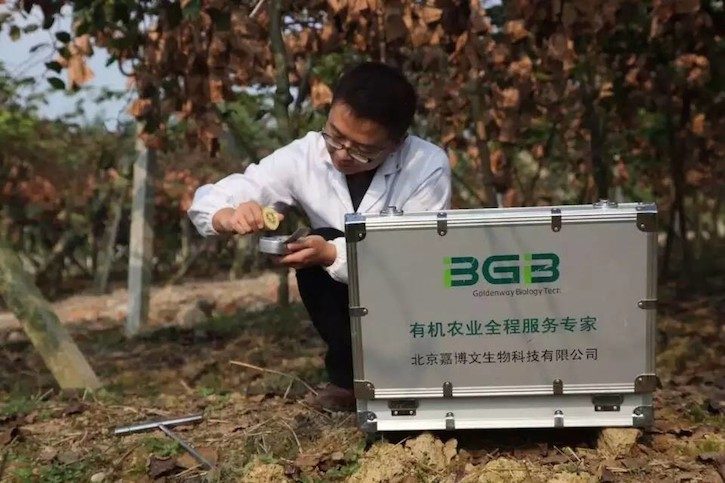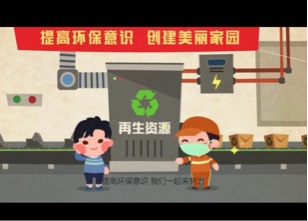By Chelsea Eakin

Garbage recycling wouldn’t seem like an obvious topic for a rap lyric. But garbage is on the minds of China’s government these days, and so the propaganda masters have included recycling in a peppy rap video called “Six Things that are Close to President Xi Jinping’s Heart.” A new plan just issued by the State Council turns the ditty into policy: it promotes garbage sorting, setting a goal for the recycling rate in major cities to reach 35% by 2020.
Garbage disposal is a huge challenge in China: most gets incinerated, releasing greenhouse gas emissions, many of them toxic with heavy metal and other materials. That’s one reason an innovative kitchen waste recycling project won the recently announced fourth annual Paulson Prize for Sustainable Cities.
The project, a private-public partnership between Beijing Goldenway Bio-tech Company (BGB) and the local government, based outside of Chengdu in Sichuan province, aims to solve two problems simultaneously: food waste and soil health. BGB collects urban food waste, and uses its patented technology and equipment to process it into a soil conditioner product. The company then works with local partners and thousands of farmers to provide data, training, and certification to ensure soil quality improvement.
The Goldenway project not only solves a waste problem; it also illustrates the benefits of a circular economic loop, with waste becoming a new, commercially valuable product. The government has been promoting the benefits of a “circular economy,” which sees products getting recycled instead of scrapped, as a key strategy in attaining sustainable economic growth.
The environmental benefits of reprocessing food waste are clear. According to the UN’s FAO, global food waste generates 4.4 Gigatons of CO2 annually, or about 8% of total anthropogenic greenhouse gas emissions. Prize winner BGB estimates that recycling one ton of kitchen waste using its process can reduce the equivalent of 1.03 tons of CO2 emissions.
In a recent interview with NPR, Renmin University Professor of Environmental Economy and Management Song Guojun said that China could sharply cut its emissions from garbage incineration by asking people to sort their garbage.

Meanwhile, the recent cartoon hip-hop video, released by the state-run Xinhua News Agency, suggests that the government is serious about raising public awareness about its new garbage sorting initiative.
“How many years have we talked about sorting garbage?” the rappers sing, “Recycling is the way to reduce harm and make our home beautiful / If we sort garbage correctly, it becomes a resource / We’ll work together to improve environmental awareness.”


